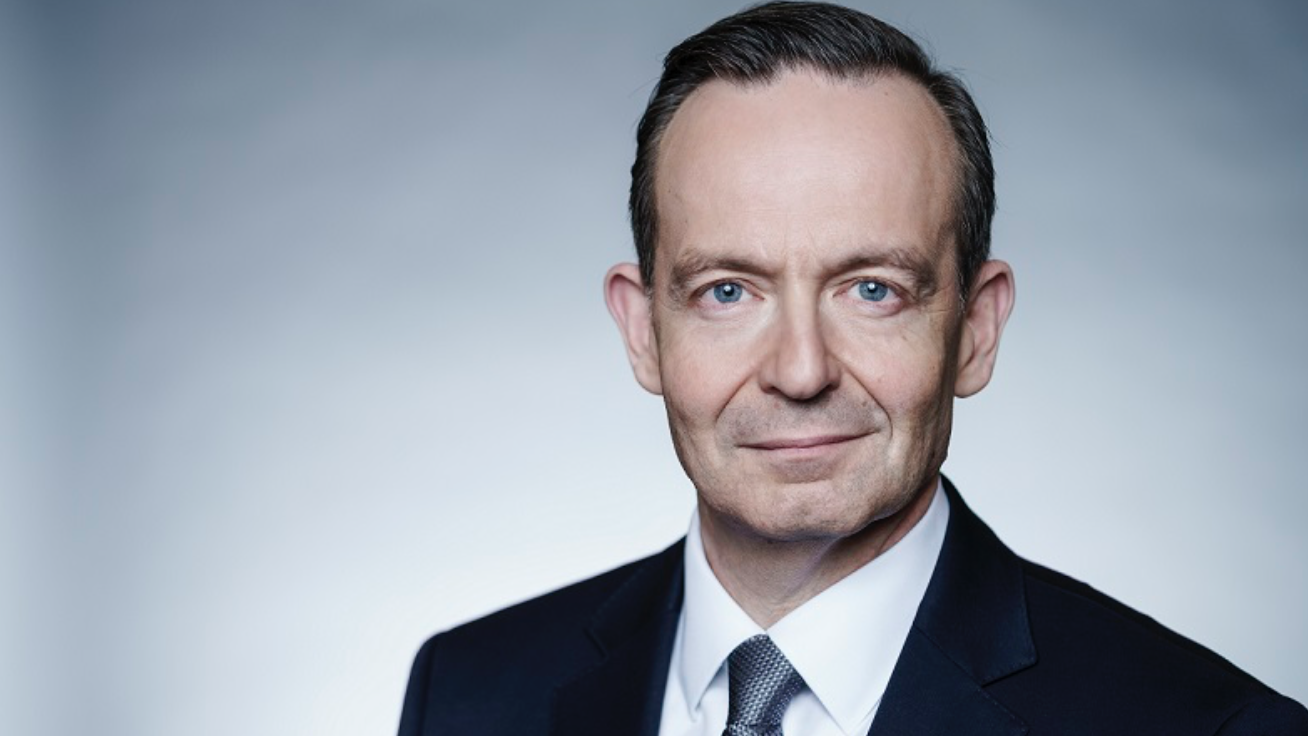
Germany blocks EU decision about banning ICE cars

The German Digital and Transport Minister, Volker Wissing (FDP), opposes to the planned EU ban on ICE cars by 2035 /Deutsche Bundesregierung
After Poland and Italy, a third EU member state, Germany, rejected the EU's Parliament's decision to ban ICE cars by 2035. Inside the German


Comments
Ready to join the conversation?
You must be an active subscriber to leave a comment.
Subscribe Today